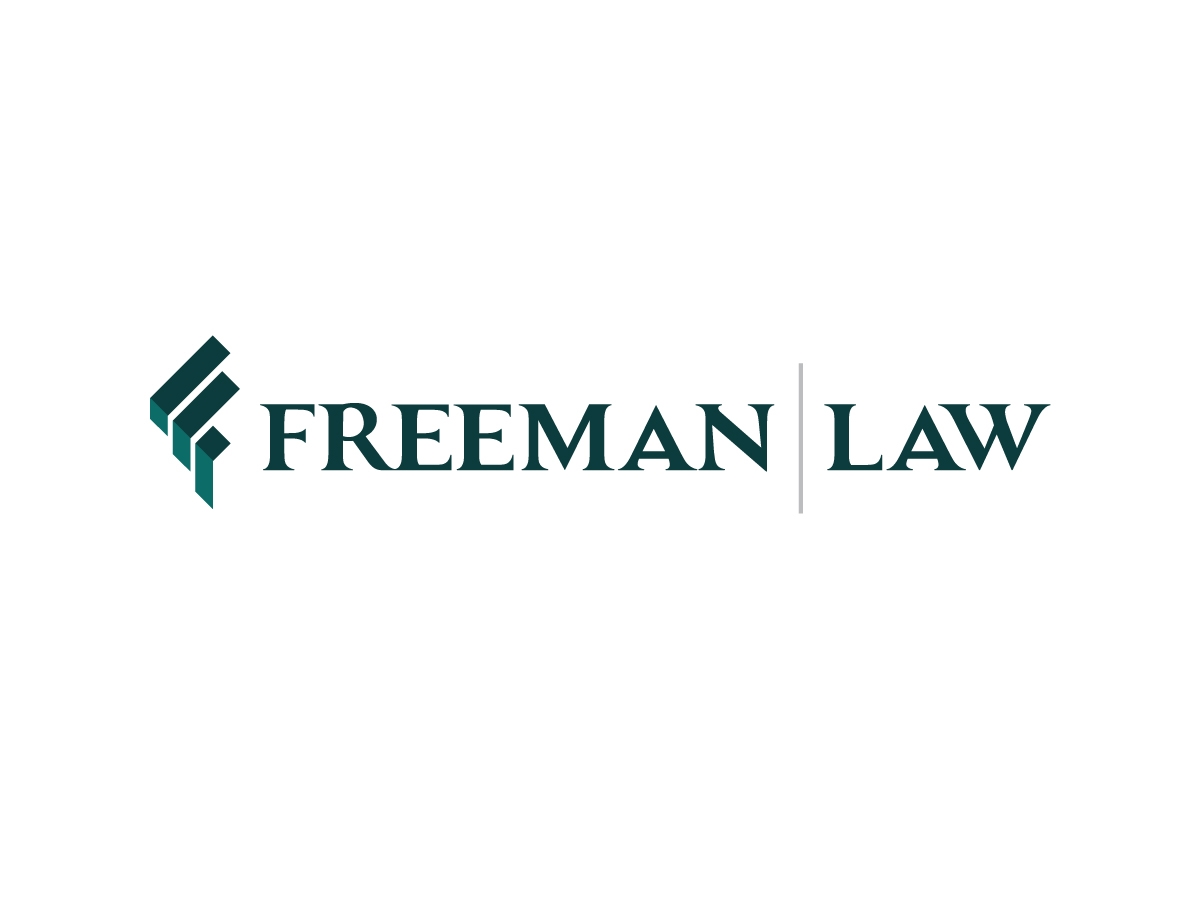Every few months or so seem to bring new revelations of a Ponzi scheme gone bust.[1] In the aftermath, erstwhile investors often struggle to be made whole again. Fortunately, the federal income tax offers options to help, although none are perfect.
Under the federal income tax, individuals currently have two ways to claim a deduction for losses due to Ponzi schemes: 1) follow the general rules for deducting theft losses under I.R.C. § 165 (which can be unduly burdensome), or 2) follow the “safe-harbor” under Revenue Procedure 2009-20 (which sets limitations on the deductible amounts of such losses).
I.RC. § 165, Generally
I.R.C. § 165 generally allows individuals to deduct losses not otherwise compensated for that are sustained during the taxable year in any transaction entered into for profit.[i] See I.R.C. § 165(a), (c)(2). This includes losses due to theft. See Treas. Reg. § 1.165-8(a)(1).
For federal income tax purposes, theft has a “general and broad connotation and includes any criminal appropriation of another’s property . . . .” Evensen v. Comm’r, T.C. Memo 2018-141 (citing Edwards v. Bromberg, 232 F.2d 107, 110 (5th Cir. 1956)). Still, a taxpayer claiming a theft loss deduction must demonstrate that there was a taking of property with criminal intent that was illegal under the law of the jurisdiction in which the taking occurred. See, e.g., Rev. Rul. 72-112. The taxpayer also must establish the amount of the loss, the…

